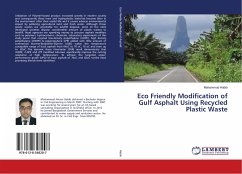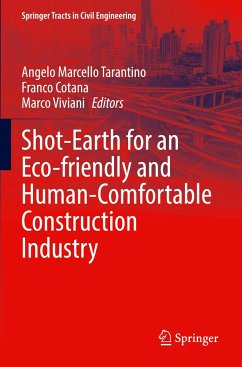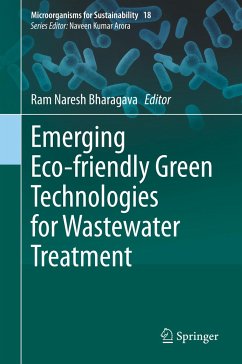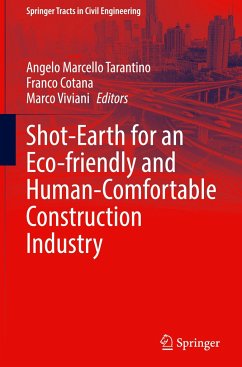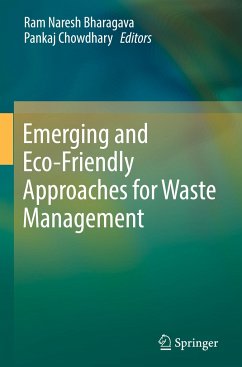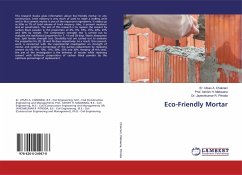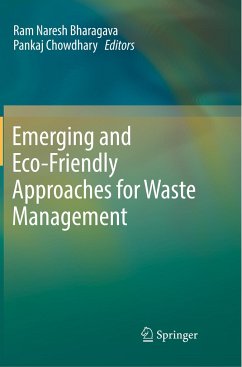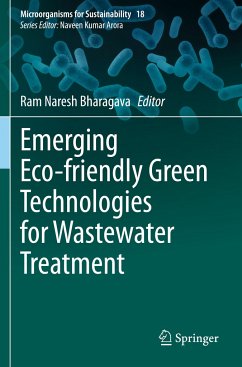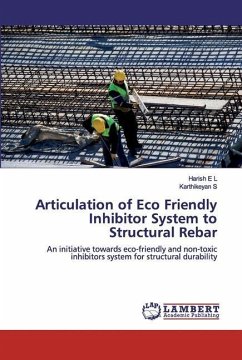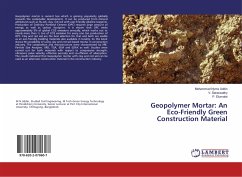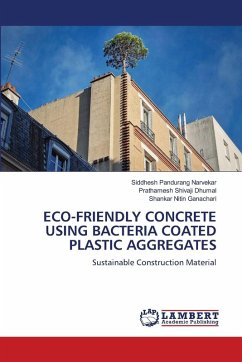
Eco-Friendly Concrete Using Bacteria Coated Plastic Aggregates
Versandkostenfrei!
Versandfertig in 6-10 Tagen
29,99 €
inkl. MwSt.

PAYBACK Punkte
15 °P sammeln!
The rising consumption of plastics has resulted in large quantities of non-biodegradable waste, creating severe environmental challenges. Recycling waste plastics into concrete as coarse aggregates provides a sustainable alternative, but it often leads to reduced strength due to poor bonding between plastic and cement paste. This study investigates the use of Bacillus subtilis bacteria coating on waste plastic aggregates to improve concrete performance. Bacillus subtilis spores, known for their ability to precipitate calcium carbonate (CaCO ) under favorable conditions, were used to bio-coat s...
The rising consumption of plastics has resulted in large quantities of non-biodegradable waste, creating severe environmental challenges. Recycling waste plastics into concrete as coarse aggregates provides a sustainable alternative, but it often leads to reduced strength due to poor bonding between plastic and cement paste. This study investigates the use of Bacillus subtilis bacteria coating on waste plastic aggregates to improve concrete performance. Bacillus subtilis spores, known for their ability to precipitate calcium carbonate (CaCO ) under favorable conditions, were used to bio-coat shredded plastic aggregates. Concrete specimens were prepared with varying percentages of waste plastic aggregates (5%, 10%, 15%,20%) with and without bacterial coating. Tests were conducted on compressive strength and crack-healing efficiency at Sant Gajanan Maharaj College of Engineering, Mahagaon. Preliminary results indicate that bacterial coating enhances bonding, improves compressive strength, reduces permeability, and provides self-healing capabilities. This novel approach integrates plastic recycling and bio-concrete technology, offering a pathway toward sustainable construction.



